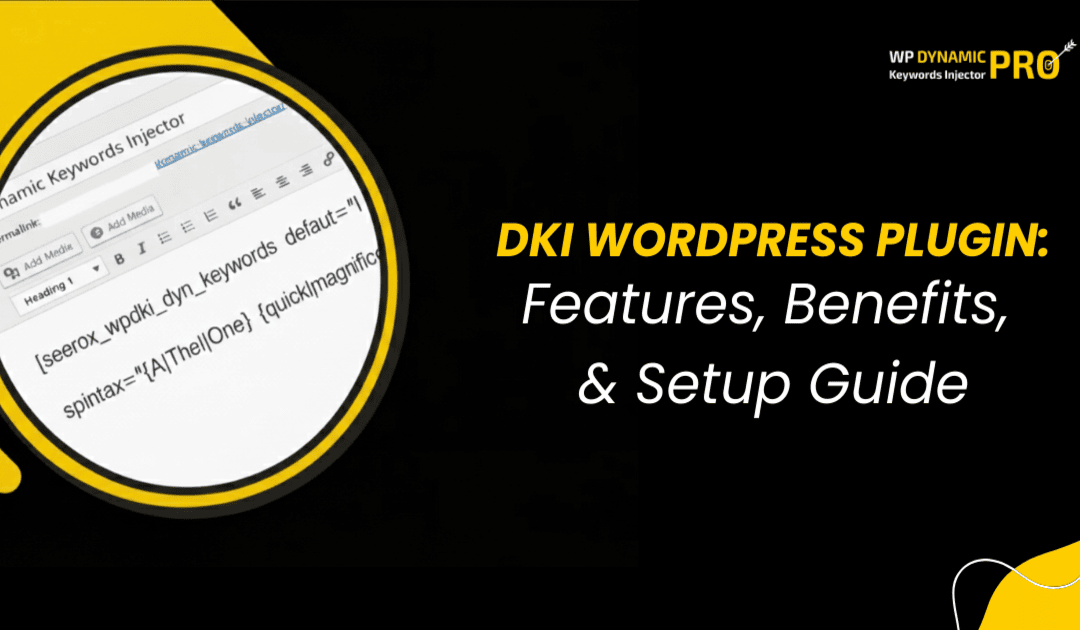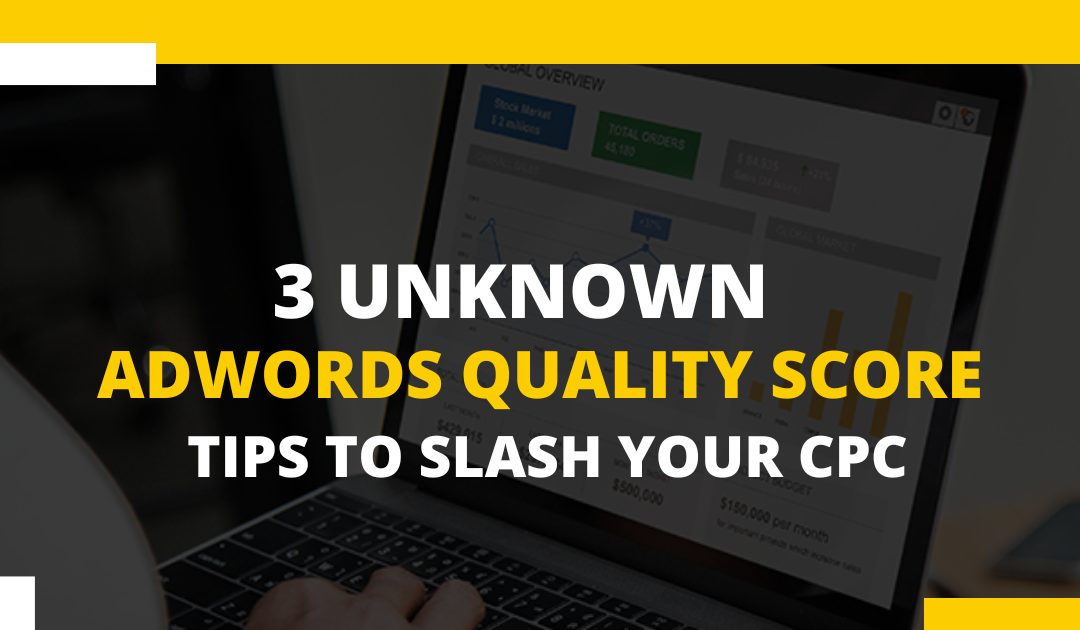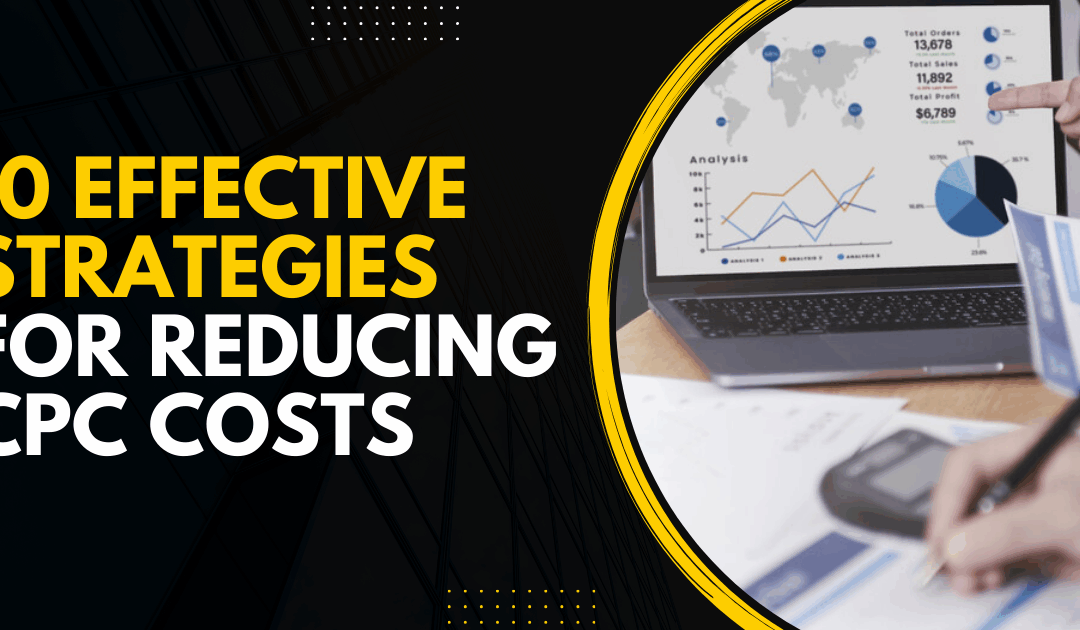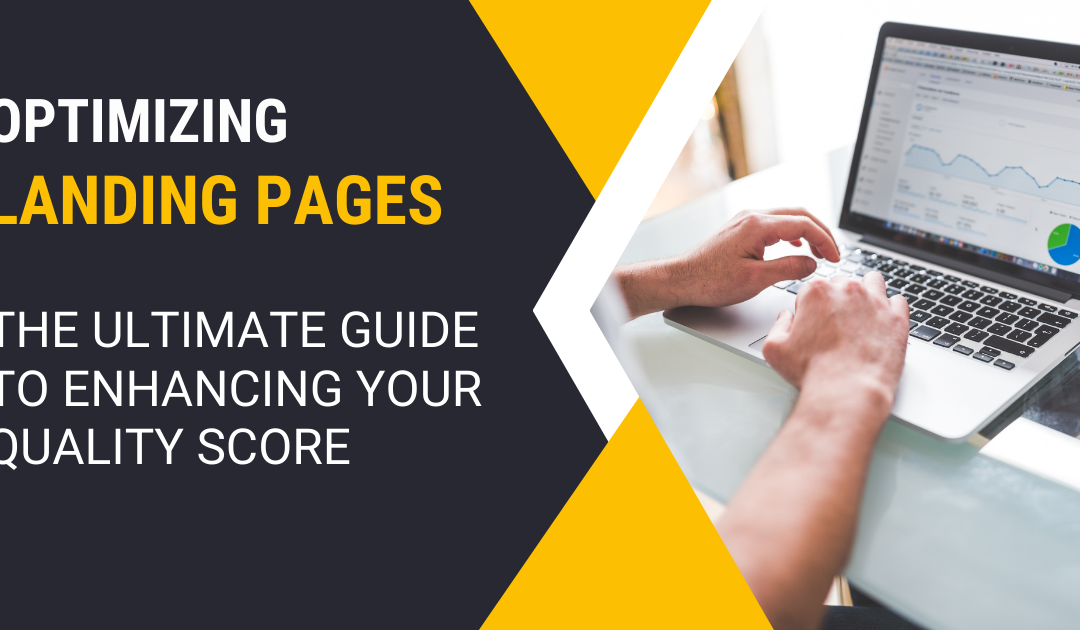If you’re running online ads, you’re probably familiar with the term CPC or Cost Per Click It’s a crucial metric in paid advertising, especially for platforms like Google Ads, Facebook Ads, and other pay-per-click (PPC) networks.
High CPCs can drain your budget quickly without delivering a solid return. But the good news? You can reduce CPC while maintaining or even improving your ROI (Return on Investment) and we’re here to show you how.
In this blog post, we’ll walk you through easy-to-understand, actionable techniques to lower your CPC and get the most value from your advertising spend.
What Is CPC and Why Does It Matter?
CPC stands for Cost Per Click. It refers to the amount you pay each time someone clicks on your ad. Whether you’re advertising on Google, Bing, Facebook, or another platform, a lower CPC means you’re spending less to get people to your site. That directly affects your ROI the better your CPC, the more value you get from your ad budget.
For example, if you’re paying $2 per click and you get 1,000 clicks, that’s $2,000. But if you reduce your CPC to $1, those same 1,000 clicks cost only $1,000. That’s a $1,000 saving for the same number of visitors!

1. Improve Your Quality Score
One of the most powerful ways to lower CPC is by improving your Quality Score . A metric used by Google Ads (and other platforms) to measure how relevant and useful your ads and landing pages .
How to improve your Quality Score
- Use relevant keywords: Make sure your ads are tightly matched with your keywords and the user’s search intent.
- Write compelling ad copy: Your ad should clearly explain what you’re offering and why someone should click.
- Optimize your landing page: Ensure it’s fast, mobile-friendly, and directly related to the ad.
Higher Quality Scores often lead to lower CPCs because platforms reward well-targeted, relevant ads with better positions at a lower cost.
2. Use Long-Tail Keywords
Long-tail keywords are more specific and less competitive than broad keywords. For example, instead of bidding on “shoes,” consider “affordable running shoes for women”.
Why long-tail keywords help reduce CPC:
- They have lower competition, which usually means lower costs.
- They attract users with more specific intent often leading to higher conversion rates.
- They reduce wasted spend on broad or irrelevant traffic.
Use keyword research tools like Google Keyword Planner or Ubersuggest to find long-tail keyword ideas relevant to your business.

3. Optimize Ad Scheduling
Sometimes, your ads may be running during hours when your audience isn’t active or when conversions are low. That’s wasted money.
To fix this
- Use ad scheduling to show your ads only during high-performing hours.
- Analyze past data to identify when your best clicks happen.
- Pause ads during off-hours or weekends if they don’t convert.
By running ads only when they’re likely to be effective, you can get better clicks at a lower cost.
4. Use Geo-Targeting
If your business only serves specific locations, there’s no need to show ads in areas where your service isn’t available. That’s a quick way to lower CPC and improve ROI.
- Use your ad platform’s location settings to target cities, states, or even zip codes.
- Exclude areas where you don’t do business.
- Monitor which locations perform best and focus your budget there.
Targeting the right location ensures you’re spending money only on traffic that’s actually useful.

5. Improve Ad Relevance and CTR
Your ad’s Click-Through Rate (CTR) plays a big role in your CPC. A higher CTR tells the ad platform that your ad is relevant, which often results in lower CPCs.
- Match your ad copy to the user’s intent.
- Include strong call-to-actions (e.g., “Shop Now,” “Get a Free Quote”).
- Highlight unique offers or benefits.
Test different headlines and descriptions to see what performs best, and keep optimizing based on results.
6. Use Negative Keywords
Negative keywords prevent your ads from showing up for irrelevant searches. For example, if you sell premium software, you might want to exclude terms like “free” or “cheap”.
Why negative keywords are important
- They reduce unqualified clicks.
- They keep your budget focused on high-intent searches.
- They improve your Quality Score by increasing ad relevance.
Regularly review your search term reports and add any irrelevant queries as negative keywords.
7. Monitor and Refine Regularly
CPC reduction isn’t a one-time job. It’s an ongoing process that requires regular attention and adjustment.
Make it a habit to
- Review performance metrics weekly.
- Pause underperforming ads or keywords.
- Test new ideas and creatives.
- Adjust your budget based on what’s working.
Constant optimization helps you stay competitive and ensures your ad spend continues to deliver results.

Lowering your CPC doesn’t mean lowering your standards — it means being smart, strategic, and data-driven with your advertising efforts. By following these simple techniques, you can stretch your budget further, attract more qualified traffic, and boost your ROI in the process.
Remember: it’s not about getting the cheapest clicks . It’s about getting the right clicks at the right price.
Want to make the most of your marketing? Start implementing these CPC reduction strategies today and watch your ROI grow.






